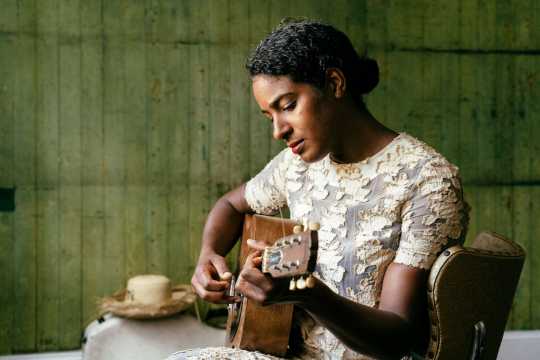|
Taking a long world-historical view, anthropologist Sidney Mintz presciently observed that the European adventure in the Caribbean gave rise to the world’s first truly modern peoples and anticipated the conflicted nature of the human condition as we know it today. Violent displacement, human trafficking and exploitation, wanton environmental destruction, the relentless extraction of commodities and conversion of cultures to the inequitable logic of capitalist accumulation — these piratical forces, and prevailing ideological rationalizations thereof, shaped and continue to animate our contemporary world.
But communities do fight back, and as the first independent black republic in the New World, Haiti manifests a simultaneously tragic and valiant instance of a people making something different out of what has been made of them. No one makes the world just as they please, and as with other Caribbean societies, Haiti both reflects and repudiates the dehumanizing socioeconomic logic that conditions human relations today.
A classically trained cellist, banjoist, singer, and songwriter, Leyla McCalla, born in New York of Haitian immigrant parents and activists is now based in New Orleans. Her work has drawn upon her Haitian heritage and many other influences. When Duke University acquired the archives of Radio Haiti (1957–2003), McCalla took on the challenge of reviewing and incorporating elements of that material into a multi-disciplinary theater project that became Breaking the Thermometer, her fourth solo album. She weaves Radio Haiti’s humorous and provocative archival broadcasts, interviews, traditional Haitian tunes, and her original compositions into a varied and engaging reflection upon the cultural, social, and political struggles of latter 20th Century Haiti, and the effort to trace her personal trajectory in that dynamic context.

|
|
Listeners familiar with her work will instantly recognize McCalla’s plaintive vocals, percussive cello, and old-timey banjo style. One surprise is her incorporation of Caetano Veloso’s “You Don’t Know Me,” situating the song’s universal message in the context of the Haitian diaspora and her own bicultural perspective.
“Vini Wè,” a McCalla original, finds inspiration in the political and journalistic partnership and matrimonial commitment of Radio Haiti station owner Jean Dominique and his spouse Michéle Montas. Their work and hugely popular broadcasts infuriated the political powers that be and resulted in Dominique’s assassination at the station in 2000. The song beckons “come see the sunrise,” an affirmation and repudiation of narrowly nationalistic dogmas that allow no room for dissent, with a plural, inclusive vision of humanity with mutual tolerance, compassion, and a commitment to equity at its core.
Photo: Rush Jagoe
Further listening:
Leyla McCalla - Vari-Colored Songs: a tribute to Langston Hughes
Kobo Town - Carnival of the Ghosts
Lakou Mizik - HaitaNola
|
